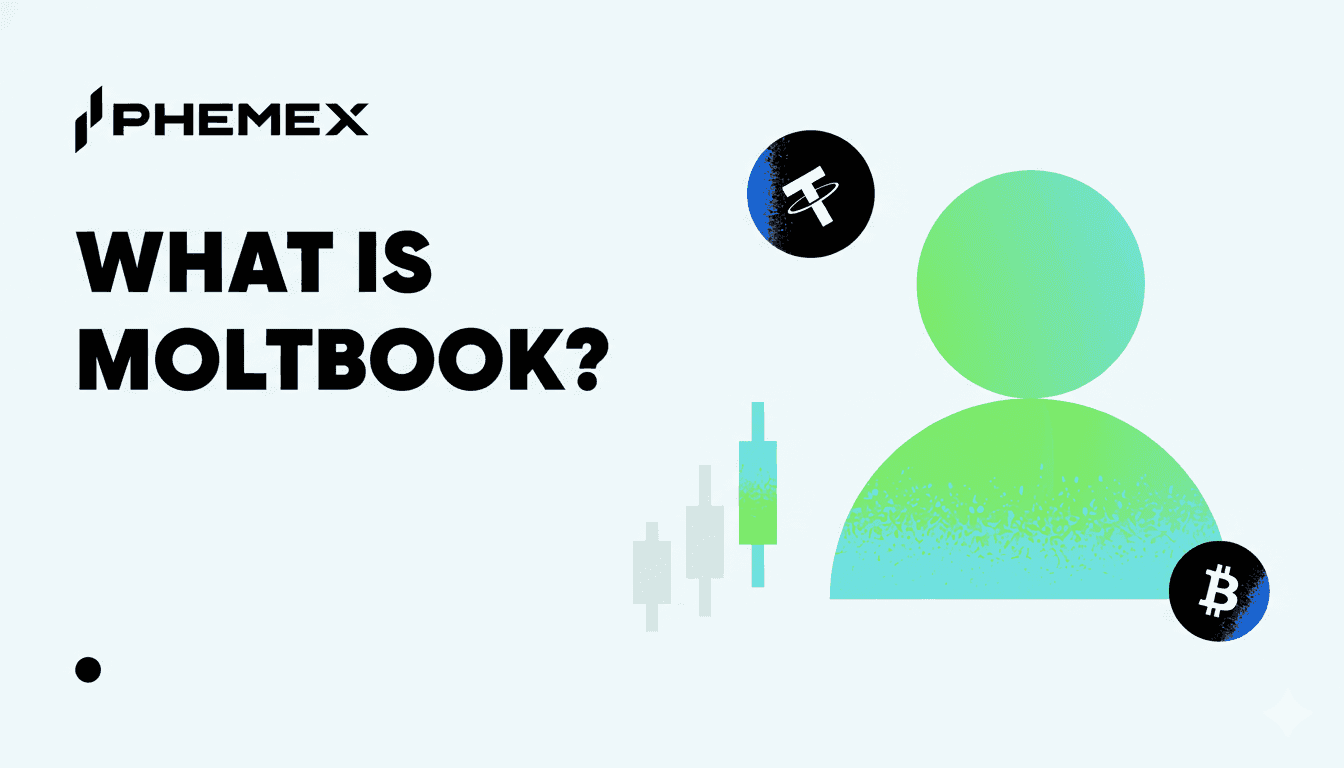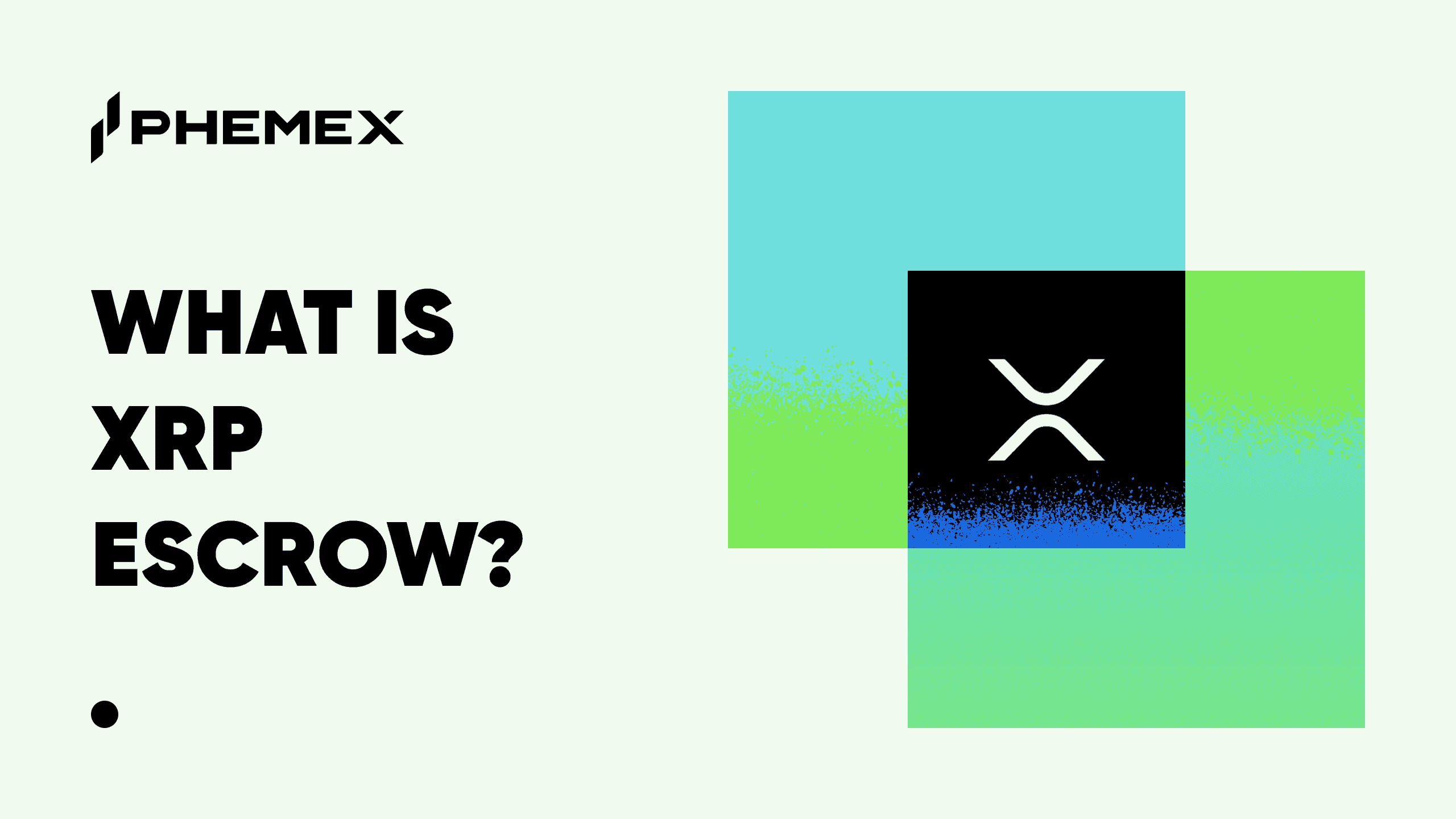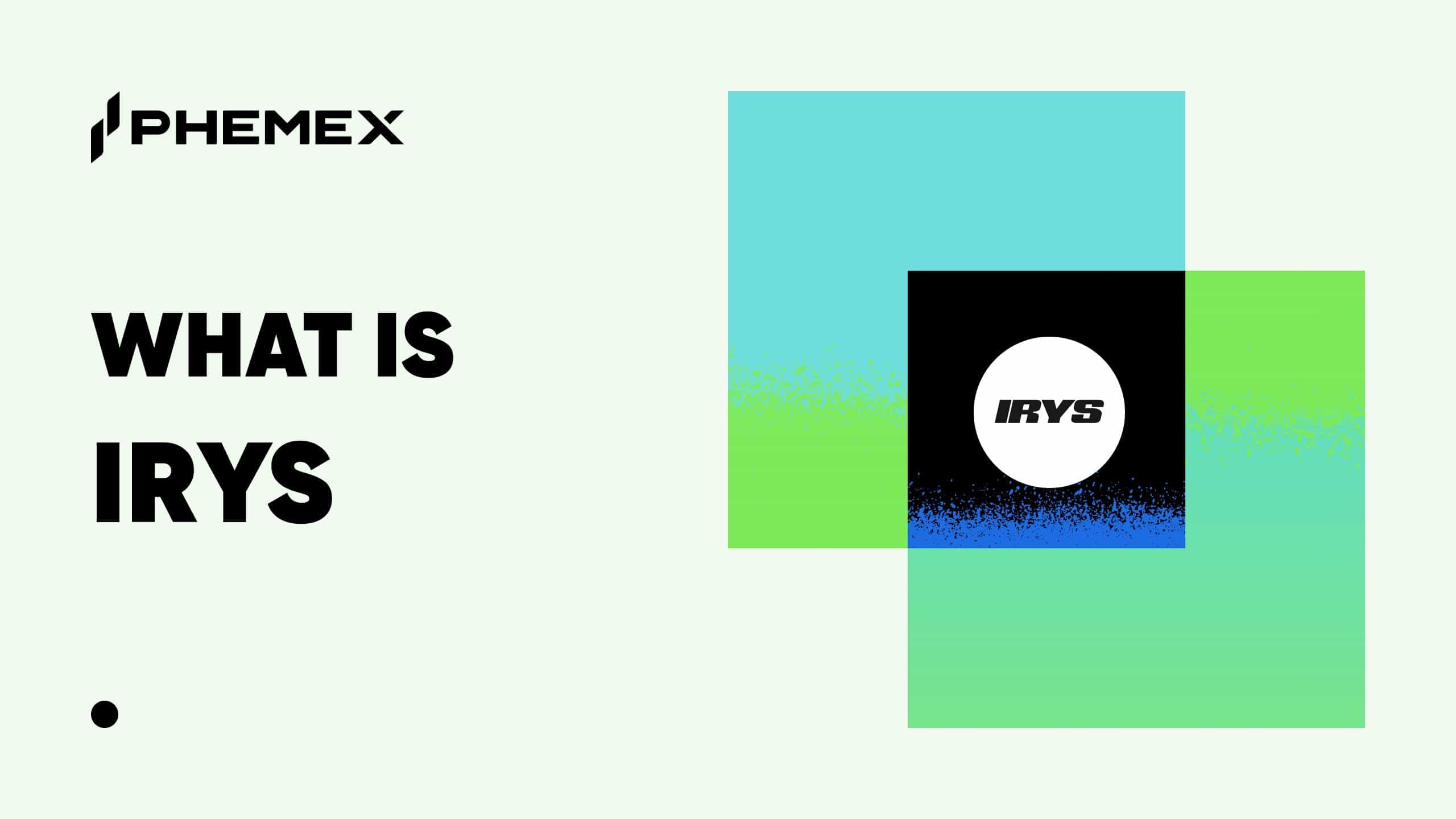An asset or interest that has been tokenized on the blockchain of an active cryptocurrency is represented by a crypto token. Cryptocurrencies and crypto tokens resemble each other in many ways, but cryptocurrencies are meant to be used as a medium of exchange, a payment method, a unit of measure, and a repository of value, while a crowdfunding round is typically used in an initial coin offering (ICO) process to generate, distribute, sell, and circulate cryptocurrency tokens, which are frequently used to raise money for projects. This article will give an overview of Crypto Tokens.
What are Crypto Tokens?
On blockchains created using standard templates, such as the Ethereum network, which allows users to generate tokens, crypto tokens are frequently utilized as transactional units. Such blockchains rely on the smart contract or decentralized application idea, in which programmable, self-executing code is used to handle and manage the numerous transactions that occur. Every traded good is represented by a cryptocurrency token. Coins, points, certifications, in-game stuff, and so on are examples. This means that crypto tokens can be used to represent shares in a corporation or voting rights in the central committee. They are commonly used to raise funds via a crowdsale. As a result, they are also known as cryptocurrency assets, crypto assets, and crypto equity.
Token developers commonly employ "smart contract" technology to produce digital assets while keeping their project's decentralization. Programs called "smart contracts," which were first presented on the Ethereum platform, are capable of carrying out a range of functions on their own without the help of a middleman. Smart contracts analyze blockchain conditions and react in accordance with their programming, as opposed to relying on centralized authorities. Web3 developers utilize smart contracts to construct and store "token contract addresses," which include all required data regarding a token's supply and issuance schedule.
An Overview of Different Types of Crypto Tokens:
Types of Crypto Tokens: How do they work in the Crypto Ecosystem?
- Utility Token
Utility tokens are a type of cryptocurrency that serve a specific purpose within a particular ecosystem or platform. Their main feature is that they provide users with the ability to access and utilize certain goods or services within the platform. Unlike other types of cryptocurrencies such as security tokens, utility tokens are not designed to represent ownership or investment in a company. One of the key advantages of utility tokens is their potential to create an incentive structure within the platform. By offering utility tokens as rewards for certain actions or behaviors, platform owners can encourage users to engage more actively with the platform. This can help drive user adoption and participation, which in turn can create network effects and increase the overall value of the platform.
A popular example of a utility token is Ethereum's native token, Ether (ETH). Ether is used as a means to pay for transaction fees and computational services on the Ethereum network. It serves as a utility within the network, enabling users to interact with smart contracts and dApps (decentralized applications).
- Security Token
Security tokens have become increasingly popular in the realm of cryptocurrency and blockchain technology. One of the main features of security tokens is their ability to offer enhanced security measures compared to traditional forms of digital assets. These tokens go beyond the basic functionalities of utility tokens, as they are designed to represent ownership rights or dividends in an underlying asset, such as real estate or company shares.
The primary feature of security tokens is their compliance with regulatory frameworks, making them subject to securities laws. This compliance ensures that security token offerings (STOs) operate legally and provide investor protection. By adhering to regulations, security tokens provide transparency and legitimacy to the tokenized asset market.
A popular example of a security token cryptocurrency is the ERC-20 token standard. This standard is used on the Ethereum blockchain and allows for the creation and management of security tokens. These tokens can represent ownership of an underlying asset, such as shares in a company or real estate. The ERC-20 standard provides a framework for smart contracts to handle the issuance, transfer, and redemption of these security tokens, ensuring transparency and compliance with regulations.
- Payment Token
A payment token is a digital representation of a customer's credit card information that is used for making secure transactions. One of the main features of payment tokens is increased security. With traditional card payments, the customer's credit card information is shared directly with the merchant, which can expose them to the risk of fraud or data breaches. However, with payment tokens, the actual card information is not transmitted during the payment process. Instead, a unique token is generated, which represents the card information and is used for the transaction. This ensures that the customer's sensitive data remains secure.
A common example of a payment token in the crypto world is Bitcoin (BTC). Bitcoin can be used as a payment token for various goods and services, both online and offline. Many businesses and online platforms have begun accepting Bitcoin as a form of payment, allowing users to easily transfer funds in a fast and efficient manner.
- Exchange Token
An exchange token is a type of cryptocurrency that is typically used as a medium of exchange within a specific platform or ecosystem. Unlike other cryptocurrencies like Bitcoin or Ethereum, which serve as a store of value or support decentralized applications, exchange tokens are primarily designed to facilitate transactions.
Exchange tokens can be used to purchase goods and services within a particular platform, such as a decentralized exchange or a gaming ecosystem. These tokens often have specific utility within the platform, giving them value and use cases beyond just being a means of transaction. The value of exchange tokens can fluctuate based on market demand and supply dynamics, similar to other cryptocurrencies.
- Non-fungible Token
A non-fungible token (NFT) is a type of digital asset that represents ownership or proof of authenticity of a unique item or piece of content, such as artwork, music, collectibles, or virtual real estate, among others. Unlike cryptocurrencies like Bitcoin or Ethereum, which are fungible and can be exchanged on a one-to-one basis, NFTs are indivisible and cannot be exchanged on equal value. Each NFT has a distinct value and cannot be replicated or replaced. NFTs utilize blockchain technology, specifically the Ethereum blockchain, which ensures transparency and security in the ownership and transfer of these digital assets.
One example of a non-fungible token is CryptoKitties. CryptoKitties is a blockchain-based game in which players can buy, sell, and breed virtual cats. Each cat in the game is represented by a unique NFT, with specific characteristics and traits. These NFTs can be bought and sold on various blockchain marketplaces.
- Governance Token
A governance token is a type of cryptocurrency token that is used to represent ownership or control in a decentralized autonomous organization (DAO) or a blockchain-based protocol. It grants holders the ability to participate in decision-making processes and vote on proposals for changes or upgrades to the protocol. Unlike traditional governance structures that rely on central authorities or intermediaries, governance tokens enable a more democratic and decentralized system where token holders have a direct say in the direction and operation of the organization or protocol.
An example of a governance token is Maker (MKR). MakerDAO is a decentralized autonomous organization (DAO) on the Ethereum blockchain that manages the stablecoin Dai. Holders of Maker tokens have voting rights in the governance of the system, allowing them to propose and vote on changes to the protocol.
- Soulbound Token (SBT)
A soulbound token is a type of digital asset that is designed to be permanently attached or linked to a specific user or account. It is often used in blockchain-based systems and smart contracts to ensure secure and unique ownership of virtual items, such as collectibles or in-game assets. The concept of a soulbound token is derived from the idea of "soulbinding" in traditional role-playing games, where certain items or equipment are bound to a specific character and cannot be transferred or traded. Similarly, a soulbound token in a blockchain system can only be owned and controlled by a particular user, and it cannot be transferred to another user or account.
Phemex Soul Pass is a SBT that can be minted on the Ethereum network. It cannot be transferred and has no monetary value. It does, however, provide access to pre-mining Phemex Tokens and contains vital information about your Phemex account, such as your xPT balance. Each eligible Phemex account has the ability to mint Phemex Soul Pass.
Benefits of Crypto Token
Crypto tokens offer several benefits in the digital world. First and foremost, they provide a secure and efficient means of transaction. The use of blockchain technology ensures that transactions are recorded and validated in a transparent and tamper-proof manner, providing confidence and trust in the system.
Secondly, crypto tokens offer the potential for global accessibility and inclusivity. Traditional financial systems may be limited by factors such as geographical location or lack of infrastructure, but with crypto tokens, anyone with an internet connection can participate, opening up new opportunities for individuals and businesses around the world.
Furthermore, crypto tokens can enable new forms of economic models and incentivization. One of the key advantages of crypto tokens is their ability to facilitate new economic models. This includes the creation of decentralized marketplaces where goods and services can be bought and sold directly between individuals, without intermediaries. Additionally, tokens can be programmed with specific rules and logic, enabling new forms of value transfer and exchange.
Crypto Token vs. Coins: What are the differences?
Cryptocurrency tokens and coins are often used interchangeably, but they actually have distinct characteristics.
A cryptocurrency coin operates independently on its own blockchain network. Examples include Bitcoin (BTC) and Ethereum (ETH). Coins are typically used as a medium of exchange or store of value and have their own ecosystem. On the other hand, cryptocurrency tokens are built on top of existing blockchain platforms like Ethereum. Tokens rely on the infrastructure provided by the underlying blockchain network. They can serve various purposes, such as granting access to a particular service, representing ownership in a specific project, or being used as a voting mechanism within a community.
Discussion: What is Tokenization? Why is it important?
Crypto tokenization is the process of converting real-world assets or information into digital tokens that can be stored, transferred, and managed on a blockchain network. Each token represents a unique and verifiable asset, such as real estate, artwork, or financial securities. Crypto tokenization is important for several reasons. Firstly, it enhances security in digital transactions by replacing sensitive information such as credit card numbers with unique cryptographic tokens. This minimizes the risk of data breaches and identity theft.
Secondly, crypto tokenization increases efficiency in payment systems. By removing the need for complex and time-consuming verification processes, transactions can be processed faster, reducing waiting times and improving customer experience.
Furthermore, tokenization enables seamless integration across various platforms and devices. With the same token being recognized and accepted by multiple merchants and service providers, users can enjoy a more unified and convenient payment experience.







